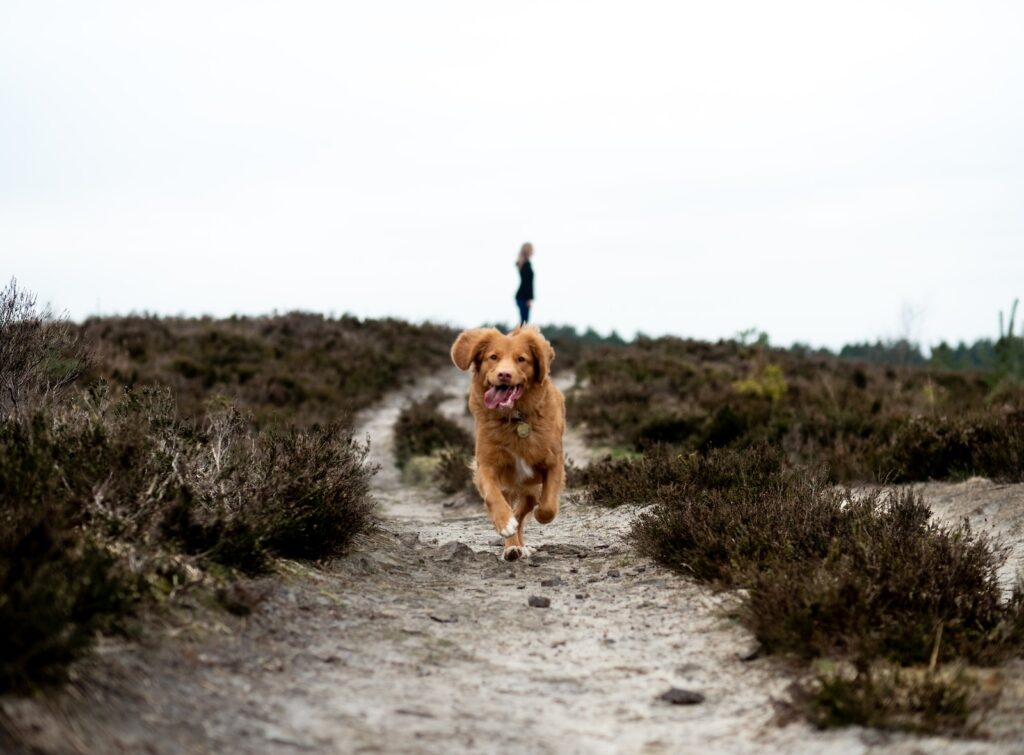Can Dogs Eat Cloves? — No, They can’t
Cloves are a popular spice used in many culinary dishes and have a strong, aromatic flavor. While humans can safely enjoy cloves, they are not suitable for dogs. Cloves contain compounds that can be harmful to dogs and their consumption can lead to various health issues.
Can Puppies Eat Cloves?
No, puppies should not eat cloves either. Puppies have delicate digestive systems that are still developing, and introducing cloves into their diet can cause digestive problems and discomfort.
Why are Cloves Harmful for Dogs?
Cloves contain essential oils, such as eugenol, which can be toxic to dogs. These oils can irritate the gastrointestinal tract, leading to vomiting, diarrhea, and stomach discomfort. Ingesting cloves can also cause other health issues in dogs, including:
Gastrointestinal Upset
The powerful compounds present in cloves can disrupt the delicate balance of your dog’s digestive system. This can result in gastrointestinal upset, leading to symptoms like diarrhea, nausea, and abdominal pain.
Oral and Throat Irritation
Chewing on whole cloves or consuming food seasoned with cloves can cause oral and throat irritation in dogs. This can manifest as excessive drooling, throat discomfort, and difficulty swallowing.
Liver Damage
In some cases, the toxic compounds in cloves can negatively impact a dog’s liver. Prolonged or excessive consumption of cloves can lead to liver damage and compromise your dog’s overall health.
Symptoms to Watch Out For After Dogs Consume Cloves
- Vomiting: Dogs that have ingested cloves may experience episodes of vomiting. Keep an eye out for any excessive vomiting or if the vomiting persists.
- Diarrhea: Cloves can cause diarrhea in dogs. Observe your dog’s stool consistency and frequency for any changes that may signal a problem.
- Abdominal Discomfort: Dogs that have consumed cloves may exhibit signs of abdominal discomfort, such as restlessness, panting, or reluctance to move.
Immediate Steps to Take if Your Dog Eats Cloves
- Induce Vomiting (if instructed by your vet): If your dog has recently ingested cloves, inducing vomiting may help remove the substance from their system. However, it is crucial to consult your veterinarian before attempting this.
- Contact your vet: Reach out to your veterinarian immediately, providing them with all the necessary details regarding your dog’s consumption of cloves. They will guide you on the appropriate measures to ensure your dog’s well-being.
- Keep Your Dog Hydrated: Offering your dog plenty of fresh water can help flush out any toxins and aid in their recovery process. Ensure they have access to clean water at all times.
Safe Alternatives to Cloves
Although cloves should be avoided, there are alternative foods that dogs can enjoy. Consider offering your dog these safer options instead:
- Cinnamon — Cinnamon is a fragrant spice that can be used as a flavorful and safe alternative. It adds a delightful taste to dog-friendly dishes without posing harm.
- Ginger — Ginger has numerous health benefits for dogs and can be incorporated into their diet in small amounts. It can help with digestion and ease stomach discomfort.
- Pumpkin — Pumpkin is a nutritious and tasty treat for dogs. It is rich in fiber and can aid in digestion. Ensure it is plain, without any added spices or sweeteners.
Conclusion
In conclusion, cloves are not safe for dogs to consume. The compounds present in cloves can cause gastrointestinal upset, oral and throat irritation, and even liver damage in dogs. It is crucial to prioritize your dog’s health and well-being by avoiding the use of cloves in their diet. If your dog accidentally consumes cloves, closely monitor their symptoms and seek veterinary assistance if necessary. Remember, there are numerous safer alternatives that your dog can enjoy without risking their health.
Frequently Asked Questions
Can dogs have cloves in small quantities?
No, even in small quantities, cloves can be harmful to dogs. It is best to completely avoid giving them cloves to ensure their safety and well-being.
Can cloves be beneficial for dogs?
No, cloves are not beneficial for dogs. The potential risks and adverse effects outweigh any perceived benefits. It is advisable to explore safer alternatives for your dog’s health and enjoyment.
Are there any safe uses of cloves for dogs?
It is recommended to refrain from using cloves for dogs altogether. There are various other safe and healthy options available that can provide similar flavors and benefits without risking your dog’s health.
Can I use cloves in homemade dog treats?
No, using cloves in homemade dog treats is not recommended. Opt for dog-friendly ingredients that are safe and beneficial for your furry friend’s well-being.






